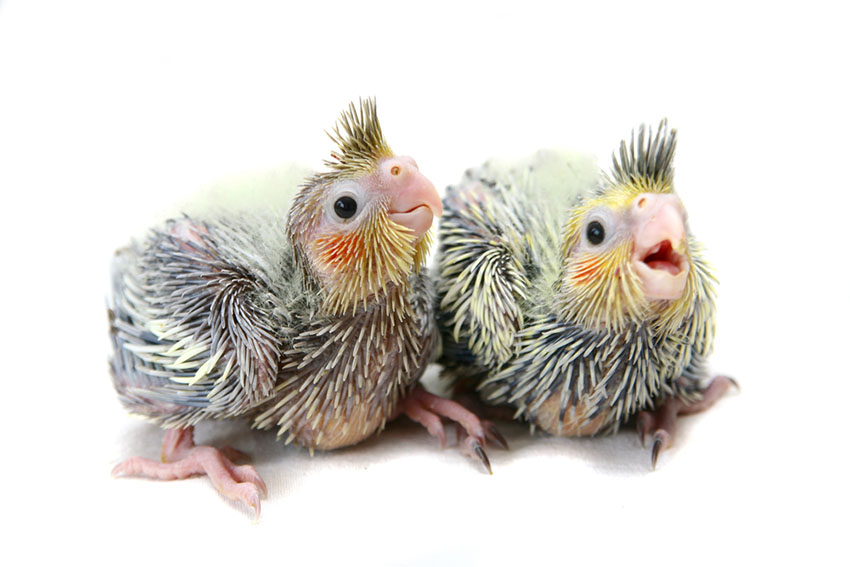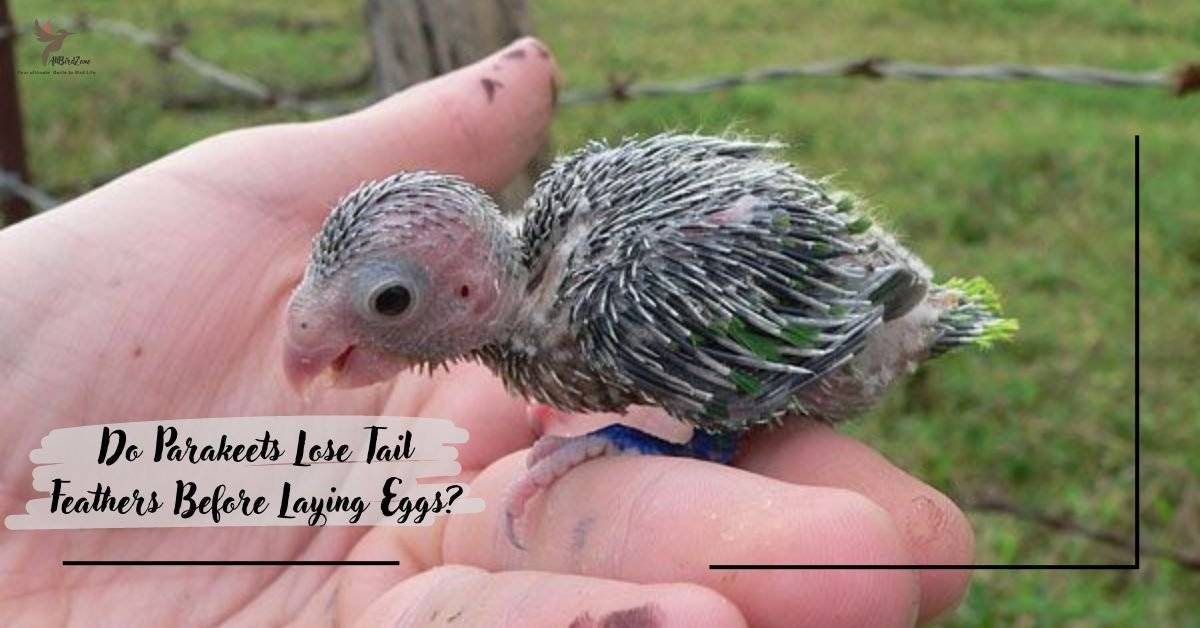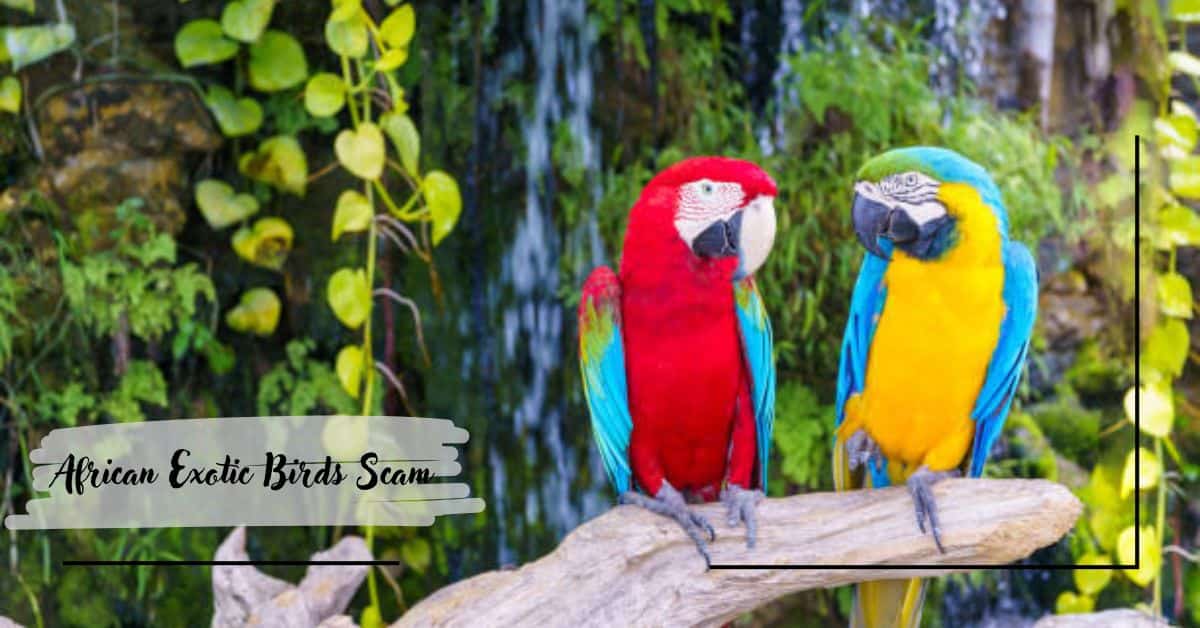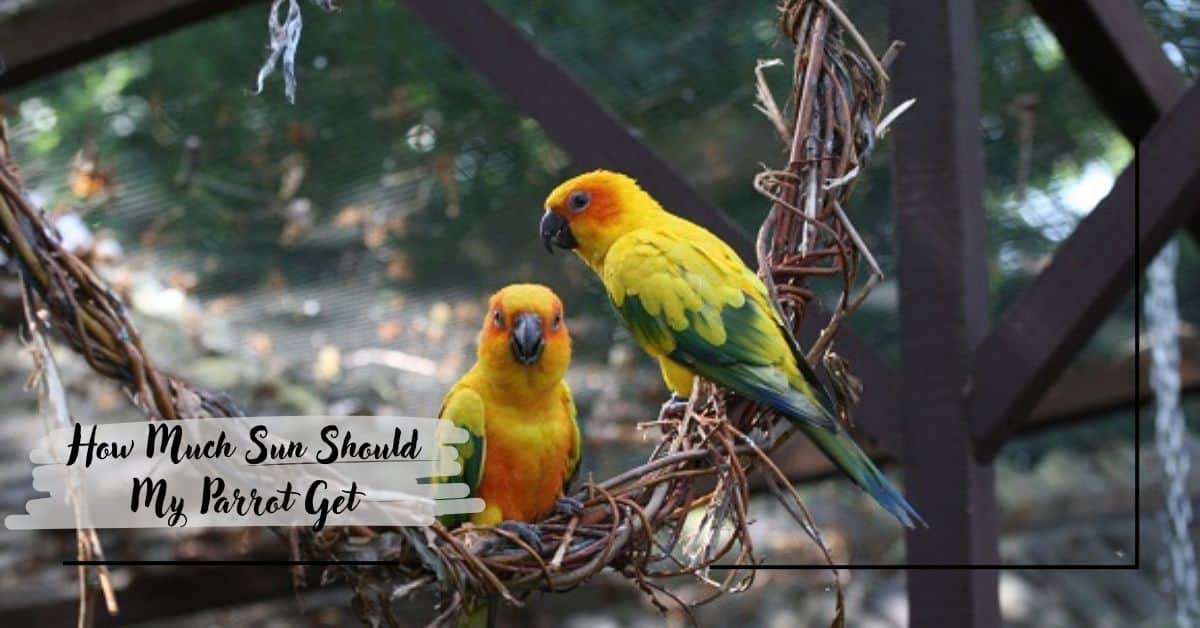Do Parakeets Lose Tail Feathers Before Laying Eggs? Parakeets usually don’t lose their tail feathers just because they are about to lay eggs. Tail feather loss in parakeets is more commonly connected to other factors like molting, stress, or health problems. When a parakeet is getting ready to lay eggs, you might see signs like building a nest or eating more than usual, but losing tail feathers is not typically one of these signs. If you notice feather loss, it’s more likely due to natural shedding of old feathers (molting), stress from changes in their environment, or possible health issues rather than directly related to egg-laying.
Why Do Parakeets Lose Tail Feathers Before Laying Eggs?
In some rare cases, hormonal changes during the breeding season may affect a parakeet’s feathers, leading to minor feather loss. However, this is uncommon, and most feather loss before laying eggs is not directly related to reproduction. Instead, it might be due to the bird going through a natural molt or responding to environmental stress. It’s important to distinguish between normal molting and potential health issues that might lead to feather loss.
Why Do Birds Lose Their Tail Feathers? – Common Reasons for Tail Feather Loss in Parakeets!
Molting:
Parakeets naturally shed and replace their feathers during molting. This includes tail feathers, which can fall out as part of the molting process. Molting usually occurs once or twice a year and is not linked to egg-laying.
Stress:
Stress from changes in the environment, such as a new cage, loud noises, or other pets, can lead to feather loss. Parakeets may drop feathers or start plucking them due to anxiety.
Health Issues:
Feather loss can also be a sign of underlying health issues, such as parasites, infections, or malnutrition. If your parakeet is losing feathers and appears lethargic or ill, a visit to the vet is recommended.
Is It Normal for Parakeets to Lose Tail Feathers?
Yes, it is normal for parakeets to lose tail feathers during the molting process, but it should not be excessive. Parakeets generally molt once or twice a year, and during this time, they might lose tail feathers. If your parakeet is losing more feathers than usual or outside of the molting season, it could indicate stress or health problems.

What Do If Your Parakeet Is Losing Tail Feathers?
- Observe Behavior: Check for any unusual behavior like lethargy, loss of appetite, or signs of illness.
- Monitor Molting Patterns: If the feather loss coincides with molting, there’s no need for concern. Molting is a natural process.
- Check for Stress Factors: Ensure that the environment is calm and that the parakeet isn’t exposed to stress from loud noises, new pets, or cage changes.
- Diet: Provide a balanced diet rich in vitamins, minerals, and protein to support healthy feather growth.
- Vet Consultation: If feather loss is excessive, visit an avian vet to rule out health problems like infections or parasites.
How Does Molting Lead to Tail Feather Loss in Parakeets?
Molting is a natural cycle where parakeets shed old, worn-out feathers to grow new ones. During molting, a parakeet may lose feathers from all parts of its body, including the tail. The tail feathers may fall out to make way for new, healthier feathers. Molting is generally a gradual process, but some birds may experience more rapid feather loss. If the bird is otherwise healthy and eating well, molting-related feather loss is nothing to worry about.
How Does Stress or Anxiety Cause Feather Loss in Parakeets?
Stress or anxiety can cause parakeets to lose feathers, especially if they feel uncomfortable or unsafe. Changes in their environment, like moving to a new cage, bringing in new pets, or placing their cage in a noisy area, can make them anxious. Parakeets also need toys and attention to stay happy. Without enough stimulation, they might get bored and start plucking their feathers. Since parakeets are social birds, being left alone too much or facing aggression from other birds in the cage can also lead to feather loss due to stress.
What Health Issues Can Cause Tail Feather Loss?
Parasites:
External parasites like mites or lice can irritate a bird’s skin and lead to feather loss. Birds will often scratch excessively or pull at their feathers if they have parasites.
Infections:
Bacterial or fungal infections can weaken the feathers and cause them to fall out. These infections often affect the skin and feather follicles.
Nutritional
Deficiencies: A poor diet lacking essential nutrients like vitamins A and E, calcium, and protein can weaken feathers, making them more prone to falling out.
My Personal Experience:
I’ve had a few parakeets over the years, and one thing I’ve noticed is that tail feather loss isn’t usually connected to them laying eggs. When my female parakeets were getting ready to lay eggs, I observed some clear signs, like a noticeable increase in their appetite and a new interest in nesting. However, I never saw them lose tail feathers directly because of egg-laying.
In my experience, if a parakeet starts losing tail feathers, it’s more likely due to other factors such as molting, where they naturally shed old feathers to grow new ones. Sometimes, stress from changes in their environment or health issues could also cause feather loss. I found that keeping the cage environment calm and providing plenty of toys helped reduce feather plucking and stress.
So, if you notice your parakeet losing tail feathers, it’s worth looking at their overall health and environment rather than assuming it’s directly related to laying eggs.
How Can I Prevent My Parakeet from Losing Tail Feathers?
- Provide a Balanced Diet: Make sure your bird is getting a nutritious diet with a mix of seeds, pellets, fruits, and vegetables.
- Ensure a Calm Environment: Keep the parakeet’s cage in a quiet and stable location, free from loud noises or constant disturbances.
- Stimulate with Toys: Give your parakeet plenty of toys and opportunities to exercise and play to keep it mentally and physically engaged.
- Regular Health Checkups: Regular visits to an avian vet can help detect and prevent health issues that lead to feather loss.
How Do You Treat Feather Loss in Parakeets?
For Molting:
Ensure the bird gets extra nutrients, like protein and calcium, to support healthy feather regrowth during molting.
For Stress:
Minimize environmental changes and provide more toys or companionship to alleviate stress-related feather loss.
For Health Issues:
Consult a vet if the cause is a parasitic infection or nutritional deficiency. The vet may prescribe medications or suggest dietary supplements.
Why is my budgie pulling out her tail feathers?
Your budgie might be pulling out her tail feathers for a few reasons. If she’s feeling stressed or bored because her environment isn’t interesting enough, she might start plucking her feathers. Health problems like skin infections, parasites, or allergies can also make her uncomfortable, leading her to pull out feathers. Sometimes, hormonal changes during the breeding season can cause her to pluck feathers too.
How to stop a budgie from plucking its feathers?
To help stop your budgie from plucking her feathers, you can take several steps. First, provide her with plenty of toys and activities to keep her engaged and entertained. This helps prevent boredom, which can lead to feather plucking. Next, ensure that her environment is calm by placing her cage in a quiet area and avoiding any sudden changes or loud noises that might stress her out. If feather plucking continues despite these efforts, it’s important to take her to the vet for a check-up to rule out any potential health issues that might be causing the behavior.
FAQs about parakeets and their tail feathers:
Can a parakeet’s food affect its feathers?
Yes, a parakeet’s feathers can be affected by what it eats. Giving your parakeet a balanced diet with fruits, veggies, and good seeds or pellets helps keep its feathers healthy.
How long does it take for lost tail feathers to grow back?
It usually takes a few weeks to a couple of months for lost tail feathers to grow back, depending on the parakeet’s health and diet.
Can changes in the cage cause feather loss?
Yes, moving the cage or changing its surroundings can stress a parakeet and cause it to lose feathers. Keeping the environment calm helps prevent this.
Can boredom make a parakeet pluck its feathers?
Yes, if a parakeet is bored, it might start plucking its feathers. Providing toys and activities helps keep it entertained and stops feather plucking.
How can I tell if my parakeet is just molting or has a health problem?
If feather loss is slow and new feathers are growing in, it’s likely molting. If feather loss is sudden or your parakeet seems sick, like being tired or not eating, it might have a health problem and should see a vet.
Conclusion:
If your parakeet is losing tail feathers, it’s usually not directly linked to laying eggs but could be due to other factors like molting, stress, or health issues. By ensuring your parakeet has a healthy diet, a calm environment, and plenty of stimulation, you can help keep its feathers in good shape. If feather loss continues or you notice other signs of illness, a visit to the vet is a good idea.








